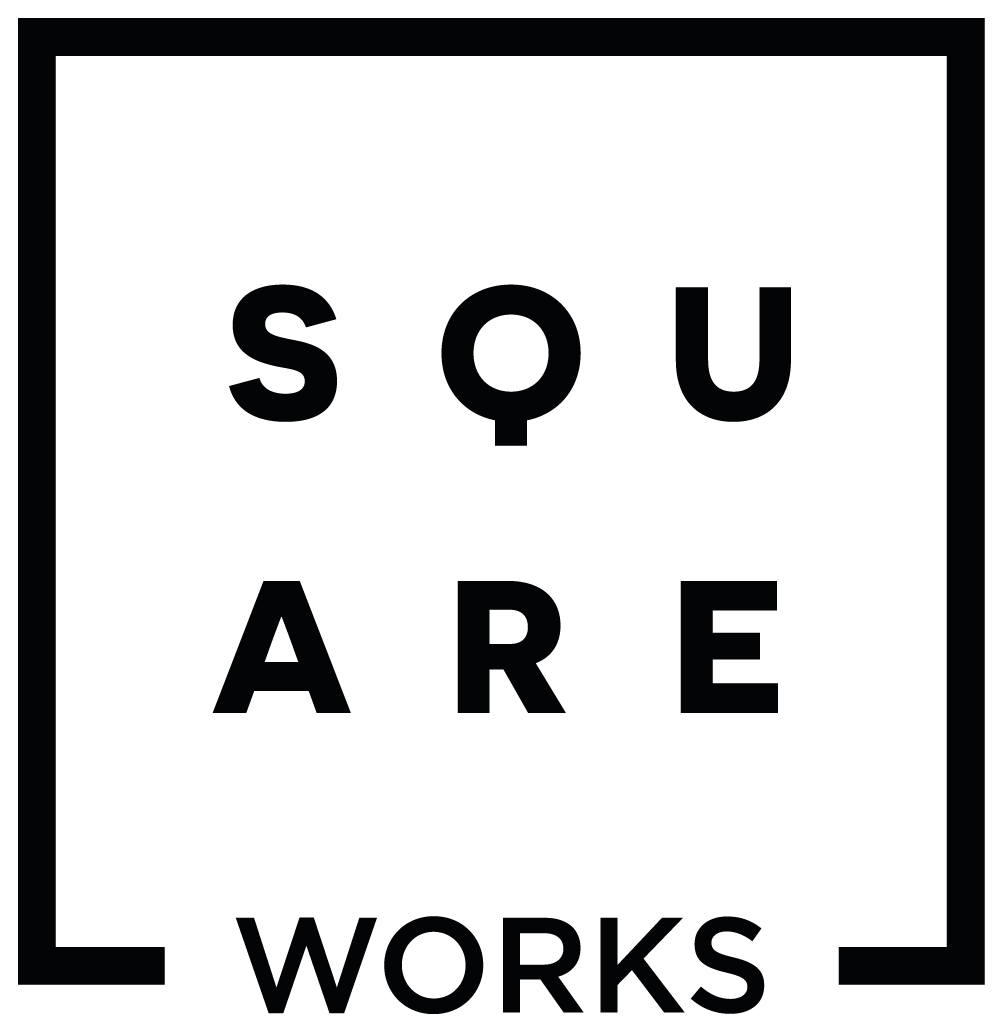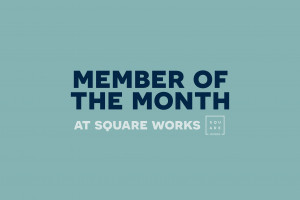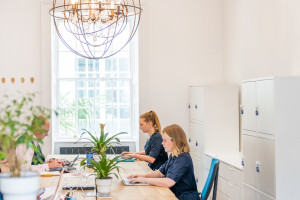We’re not talking about the Hippocratic Oath here, and largely, most creative professionals are not part of a board with a moral code hard-written in. If you take out Architecture from the equation, most creative industries are free to do or create whatever they want. But for most creative freelancers, there will be a point in their professional career where ethics and morality have played a big part in the decision to take on work. Here we've put together a list of the main considerations:
It’s not a case of right and wrong:
It’s really difficult to be strict about which companies you take on in terms of ethics, because the lines get really blurry. Maybe you don’t agree with who’s funding the company, but you support what they produce. Where and when do you draw the line? It’s also very hard to find a company that produces products that are 100 percent ethical and sustainable. Ethics is one of those subjects that has no right or wrong answer. There aren’t any legalities as to whether we accept or reject any kind of work.
It’s not you, it's me:
What one person finds questionable may not have any bearing on another. We all have different morals where ethics are concerned so we would all naturally come to different conclusions, but as long as we can hold our heads up with the decisions we make then we shouldn’t be judged on them.
Do some research (but not too much):
Recently, in our awareness of being ‘woke’ we’ve seen a lot of big companies capitalising on good ethics purely as a marketing strategy. It’s hugely possible that a brand appears to be ethically sound, while the board of the company doesn’t share these values or have any intention of working with them long-term. It’s not always possible to tell if a company is permeated with good values inside and out, and it’s not your job to spend hours Googling it.
Nothing’s a 100%:
A pharmaceutical company can, on one hand, create a drug that saves the world from a terrible disease (and we can create world-changing design to promote and market it). They can also, on the other hand, exploit their power and restrict the flow of their products to generate profits.
The rent is due:
Keeping a job rather than losing work can be justified by any number of excuses. It used to be that advertising agencies that took cigarette advertising (which we can all agree contributed to considerable health problems) justified it by saying it’s “only a job.” There is also the feeling of “ If I don’t take this work on, there will be someone else who will” And chances are, this is probably true.
Build a buffer:
Not always the easiest to do when you first go freelance, but setting aside some money to act as a kind of buffer will go a long way to make you feel mentally safe. The bigger your buffer money is, the more free you can be. The ideal scenario would be to have enough set aside so that you never have to take on a job just for fast cash.
In brief:
To put ethics first as a freelance designer can be challenging. It can be difficult to support yourself, since we live in a capitalist world. It’s also a challenge to make sure you don’t take on too many low-budget projects – so that you don’t get burnt out. You might need to take on an work you don’t feel so passionately about in order to fund the good work you really enjoy. That’s just a balancing act you have to work out.
So if nothing is clear, where do you draw your line? That’s actually closer to the point. There is no line beyond what you are comfortable with. We are instilled with our own moral compasses — we should use these instincts to draw our own lines.









